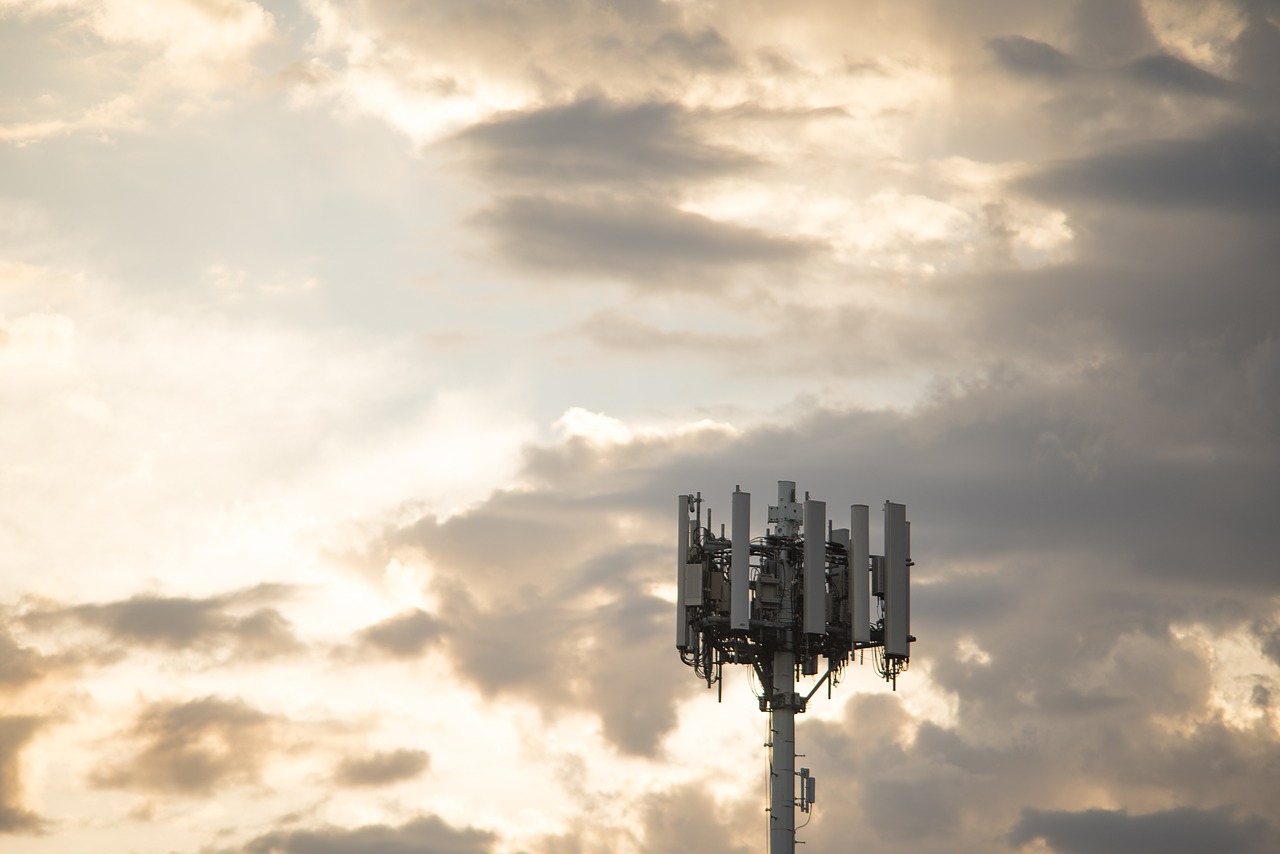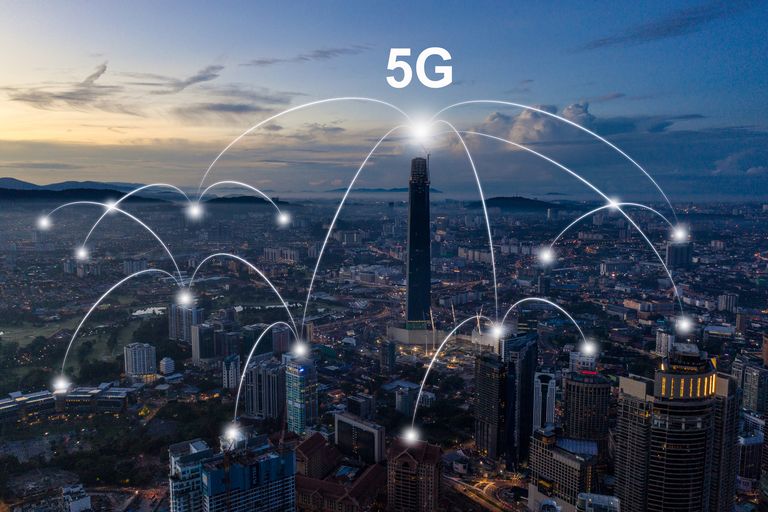Disadvantages of 5G Network That You Might Still Not Know

Mobile technology's fifth-generation (5G) is proving to be a superior communication network, with increased speeds, coverage, and reliability. Because it can handle significantly more devices, this innovative network is bringing the Internet of Things to life. However, there are some drawbacks to consider, as with any new technology. Here's everything we know about 5G so far.
Rollout Will Be Expensive
The expenditures of developing 5G infrastructure or making changes to current cellular infrastructure will be enormous. This sum will be compounded by the continuing maintenance expenditures required to maintain high-speed internet, and it is likely that customers would bear the brunt of these hefty bills. Cellular companies are looking for ways to cut expenses by utilizing other solutions such as network sharing.
Not Everyone Can Use It Right Away
While 5G may deliver true connectivity to primarily urban regions, those living in rural areas may not necessarily benefit from the connection. Many distant places around the country now lack access to any type of cellular connectivity. The 5G carriers intend to focus on large cities with enormous populations, ultimately expanding to the outskirts, although this is unlikely to happen anytime soon. As a result, 5G communication will only benefit a small portion of the population.
Double-Edge Sword Frequency
Because frequency waves can only travel a short distance, 5G connectivity has a limited range. The fact that 5G frequency is disrupted by physical impediments such as trees, towers, walls, and buildings adds to this disadvantage. The high-frequency transmissions will be blocked, disrupted, or absorbed by the obtrusions. To compensate for this setback, the telecommunications industry is extending existing cell towers to extend the broadcast range.

Heat and Battery Discharge
When it comes to 5G-enabled cellular devices, it appears that the batteries are not capable of lasting a long time. To enable this greater connectivity, battery technology must improve to the point where a single charge can power a cellphone for an entire day. Users are saying that, in addition to exhausted batteries, 5G-enabled devices are becoming increasingly heated.
Uneven Download and Upload Speed
The download speeds of 5G technology are extremely fast, reaching up to 1.9Gbps in some circumstances. However, upload speeds rarely exceed 100Mbps, so they're not quite as impressive as they seem. However, when compared to present mobile connectivity, upload rates are faster than those found with 4G LTE.
Also Read: What is 5G and Why it Matters?
Technology Isn't Always Pretty
Several towns oppose the construction of new cellphone towers or the extension of existing cellphone towers because they are perceived to detract from an area's general appearance and feel. Increased infrastructure development will be required for 5G, which will not necessarily be perceived as a good thing by local communities.
It is Still Under Development
Along with any new technology, there will be some temporary downsides as the system is developed, but 5G has a lot of advantages that transcend any disadvantages. 5G will continue to dominate the communication business due to its improved speeds and dependability, especially as infrastructure improves and its range expands.
Related Posts
 cheap internet deals
cheap internet offers
cheap internet plans
cheap internet deals
cheap internet offers
cheap internet plans
Unlimited Internet Plans in the US: What’s the Catch?
Are unlimited internet plans in the US truly unlimited? Learn about data caps, throttling, pricing, and how to choose the right plan.
 Technology
Technology
15 Intriguing Facts About the Internet You’ll Love
15 intriguing facts about the internet, from submarine cables to data usage trends and speed insights that impact your daily connection.
 Safety
Safety
Always Check the Website You Visit
Learn how to check if a website is safe before entering personal information. Protect yourself from scams, phishing, and malicious websites.
 Safety
Safety
How to Secure Video Calls and Prevent Hacks
Learn how to secure video calls, prevent meeting hacks, enable MFA, protect accounts, and safeguard remote meetings with practical security best practices.
 Internet Bundles
Technology
Internet Bundles
Technology
Is AT&T Customer Service Good? Support Review
Is AT&T customer service good? Explore support options, phone numbers, live chat access, and real performance insights for residential and business users.